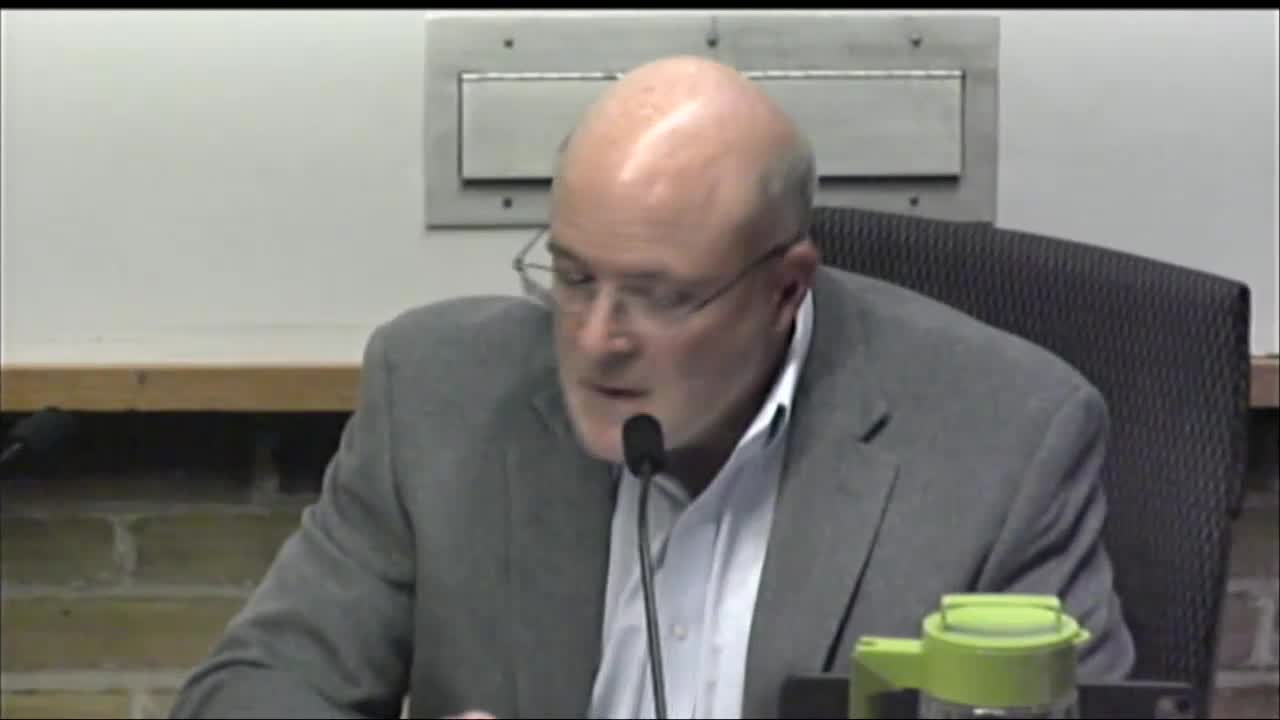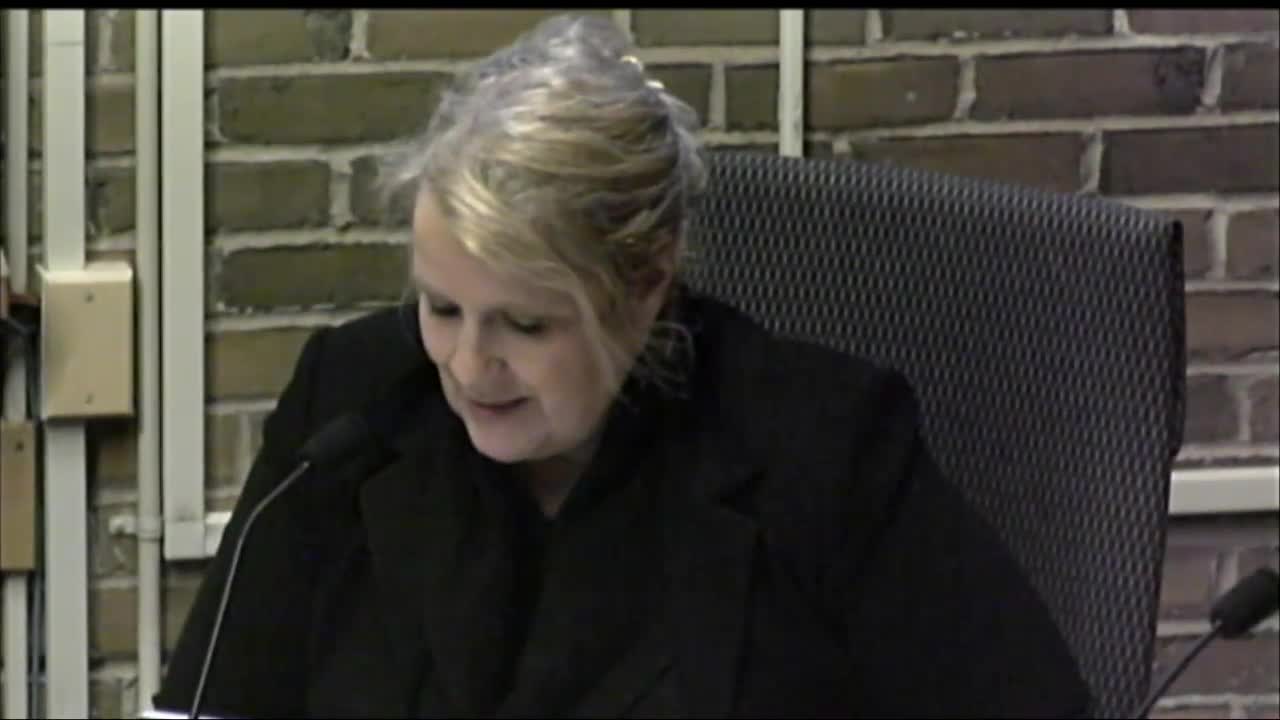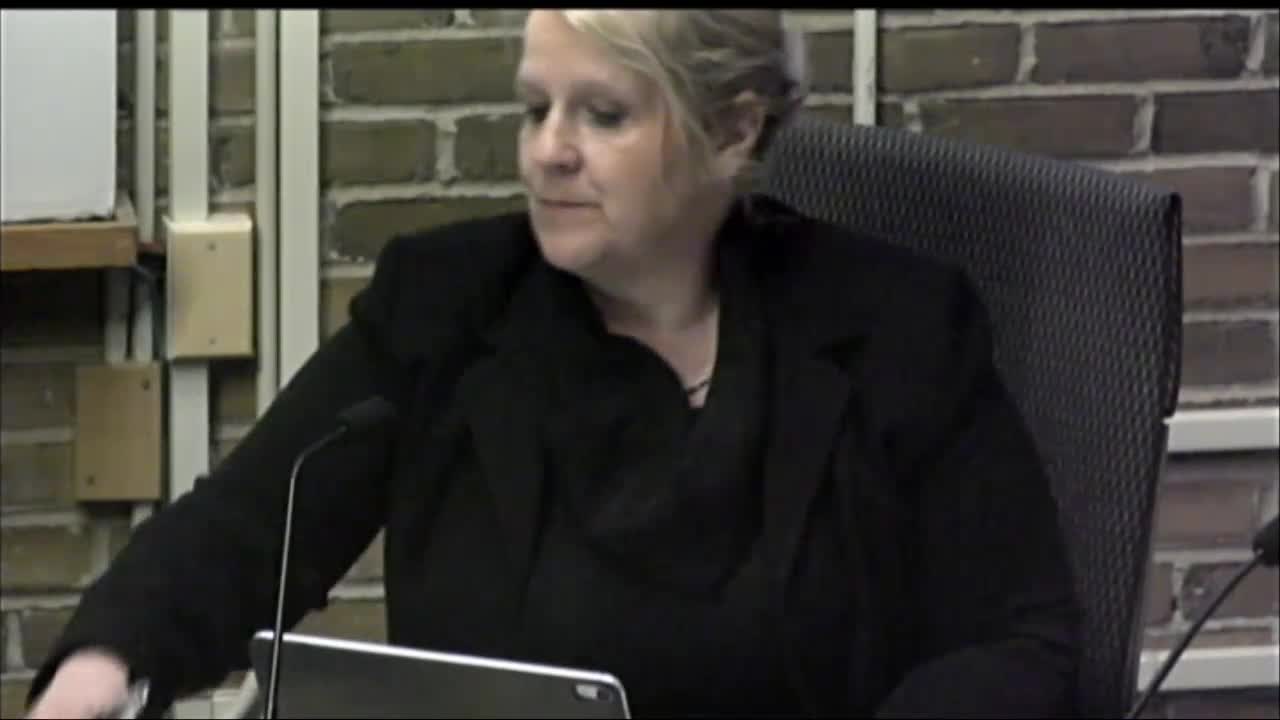Article not found
This article is no longer available. But don't worry—we've gathered other articles that discuss the same topic.

Trustee seeks public meeting on Harvard Street bike-lane plan after resident concerns

Northwest Oak Park residents urge halt to Field Playground renovation, ask village to convene intergovernmental meeting

Oak Park approves $100,000 agreement with University of Illinois for commercial building energy assessments

Citizen Police Oversight Committee asks for ALPR metrics; board receives semiannual report, consultant review forthcoming

Oak Park board adopts annual zoning map; trustees debate ending exclusionary single‑family zoning

